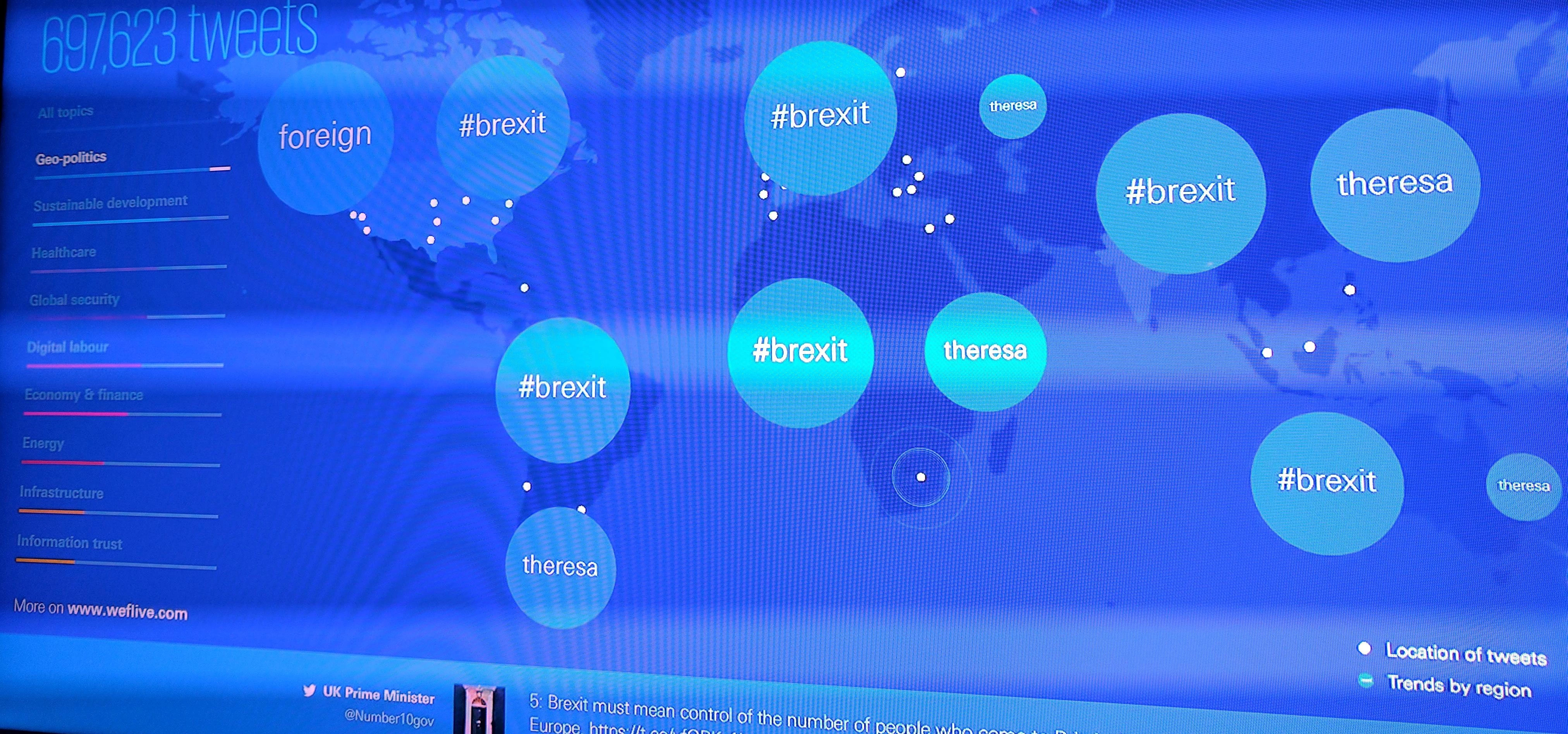
Partner Article
Social followers won’t share if not ‘PG’
Marketers should look beyond their own target market and consider their consumers’ social media audiences’ potential reaction to their online campaigns, or risk falling engagement, according to new research led by University of Edinburgh Business School.
When promoting brands with risqué or challenging connotations that may be viewed as undesirable by or cause offence to certain members of their Facebook followers’ audience, including parents or employers, marketers need to think twice about asking followers to ‘share’, ‘like’ or ‘sign up’.
Researchers from University of Edinburgh Business School, and Universities of Bath and Birmingham surveyed 400 Facebook users. They found 25% would be extremely worried about their employer or parents seeing them ‘share’ or ‘like’ a sexually suggestive Durex ad. 75% said they would be very unlikely to ‘share’ the ad or ‘like’ the brand’s Facebook page.
In comparison, less than 1% of those asked said they would be extremely worried about their employer or parent ‘share’ or ‘like’ a Coca Cola ad, which carried more neutral messaging
The research suggests social media users’ willingness to engage with provocative content can be affected by their relationship with people in their diverse network they feel they have to portray a positive image to.
It also has implications for Facebook’s sight designers aiming to maximise brand engagement, who may need to consider new privacy settings or options for ‘secret likes’.
Dr. Ben Marder, Lecturer in Marketing at University of Edinburgh Business School led the study. He said: “We know how people present themselves online can be very important to them, and largely determined by the social media friends they have.”
“In the same way they might avoid pictures of them appearing drunk, or posting offensive comments for fear of being embarrassed or judged by their bosses or grans, Facebook users are also less likely to ‘like’ or ‘share’ brand content that could cause offence.
“Social media provides a novel environment for showing off brand connections. But whereas in real life people carefully select which brand are best to show off their appreciation for and to whom, on social media everyone can see what you ‘like’ at once”.
This was posted in Bdaily's Members' News section by University of Edinburgh Business School .








 Putting in the groundwork to boost skills
Putting in the groundwork to boost skills
 £100,000 milestone drives forward STEM work
£100,000 milestone drives forward STEM work
 Restoring confidence for the economic road ahead
Restoring confidence for the economic road ahead
 Ready to scale? Buy-and-build offers opportunity
Ready to scale? Buy-and-build offers opportunity
 When will our regional economy grow?
When will our regional economy grow?
 Creating a thriving North East construction sector
Creating a thriving North East construction sector
 Why investors are still backing the North East
Why investors are still backing the North East
 Time to stop risking Britain’s family businesses
Time to stop risking Britain’s family businesses
 A year of growth, collaboration and impact
A year of growth, collaboration and impact
 2000 reasons for North East business positivity
2000 reasons for North East business positivity
 How to make your growth strategy deliver in 2026
How to make your growth strategy deliver in 2026
 Powering a new wave of regional screen indies
Powering a new wave of regional screen indies